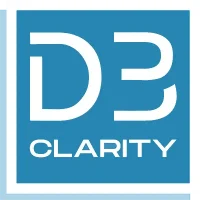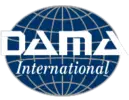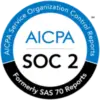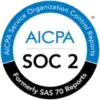Contract
DESCRIPTION:
The Contract domain within master data management encompasses the centralized governance, control, and maintenance of all contractual documents, agreements, and associated metadata within an organization. Contracts, as legally binding documents, determine the rights, responsibilities, terms, and conditions agreed upon between parties. In the realm of MDM, managing the Contract domain means ensuring the integrity, consistency, and accessibility of contract data across the enterprise.
TYPES:
- Vendor/Supplier Contracts: Agreements governing terms, conditions, and prices with suppliers or vendors.
- Customer Contracts: Details the terms and conditions of products or services offered to customers.
- Employee Contracts: Employment terms, compensation, benefits, and other conditions related to employment.
- Licensing Contracts: Agreements about the use of intellectual property.
- Lease/Rental Contracts: Terms and conditions related to leasing or renting assets.
COMMON ATTRIBUTES:
- Contract ID: A unique identifier for the contract.
- Parties Involved: Entities (individuals or organizations) that are signatories to the contract.
- Start Date: The date the contract becomes effective.
- End Date: The date the contract expires.
- Terms and Conditions: Specific details of rights, obligations, and clauses.
- Value/Amount: Monetary value associated with the contract.
- Renewal Terms: Conditions under which the contract can be renewed.
- Termination Clauses: Terms related to the termination of the contract.
BENEFITS:
- Risk Mitigation: Centralized contract management reduces the risk of non-compliance and breach of contract.
- Efficiency: Streamlined access and retrieval of contract information boost operational efficiency.
- Cost Management: Provides a clearer view of financial commitments, aiding in budgeting and forecasting.
- Improved Negotiations: Historical contract data can guide better terms in future negotiations.
CHALLENGES & CONSIDERATIONS:
- Data Quality: Ensuring accurate, up-to-date, and consistent contract data is critical.
- Version Control: Multiple versions of contracts might exist, necessitating strict version control mechanisms.
- Integration: Contract data may need to integrate with other systems, like procurement or CRM systems.
- Security & Access Control: Given the sensitive nature of contracts, strict access controls are necessary.
COMMON DEPENDENCIES:
- Procurement Systems: Integration is often required for vendor contracts and procurement processes.
- CRM Systems: For managing customer contracts and relationships.
- HR Systems: For handling employee contracts and related data.
The Contract domain in MDM is a cornerstone for organizations to manage their obligations, rights, and relationships with various stakeholders. Properly managed, it provides clarity, reduces risks, and enhances operational efficiency. However, given the sensitive and legal nature of contracts, it’s imperative that data governance is robust, ensuring accuracy, security, and compliance.












